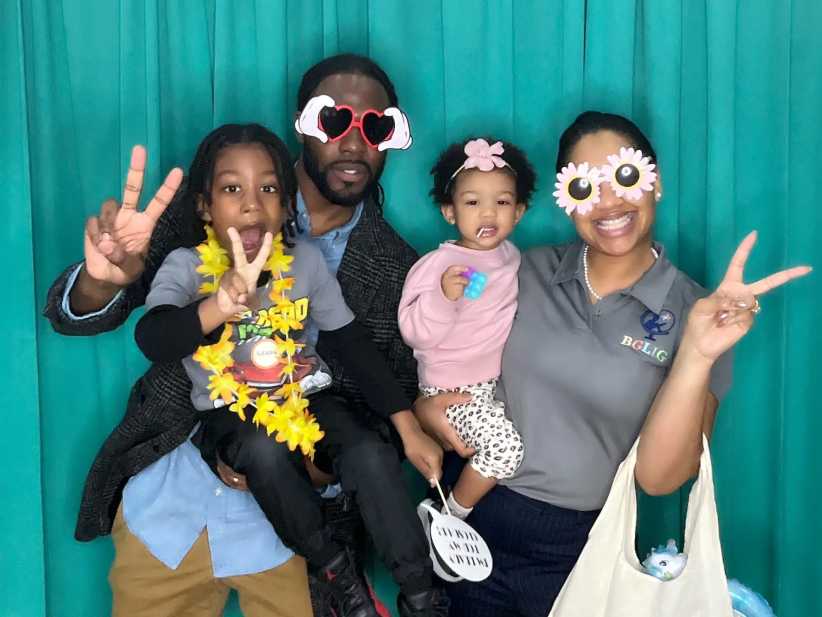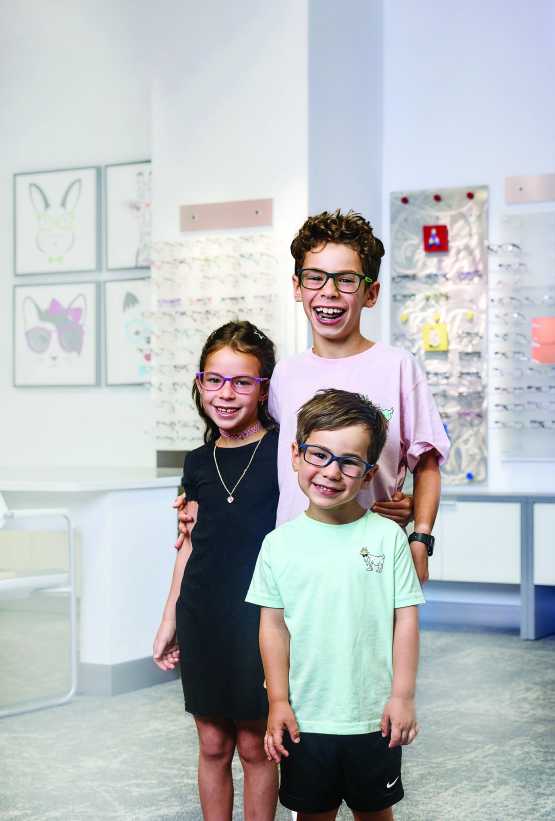This seems to be the year for digital detox. A surprising number of people are blogging (!) about digital overload and their efforts to wean themselves and their families from its harmful effects. Even Google encourages employees to unplug during the workday by providing everything from bicycle paths to on-site massage services.
Our love-hate relationship with technology isn’t new. Every newly introduced tool is embraced by some and denounced by others for undermining traditional values. The truth is that people can lead responsible, rewarding lives with and without technology. The question is always whether a particular tool helps particular people do what they want to do. And, of course, what people want to do varies tremendously depending on personality, stage of life, and many other variables.
Keeping this perspective is especially important — and challenging — for parents whose role as technology gatekeepers changes as kids grow up. For children under 6, parents have to exercise discipline — usually over themselves. How often will you buy a little peace by encouraging your child to watch TV, play video games, or fool with a cellphone? It’s not that young children should never do these things, but that they shouldn’t do them very often. Little kids need three-dimensional play and plenty of time with real people eager to talk to them.
From ages 6 to 12, children benefit from supervised access to technologies that help them succeed in school, make friends, and develop confidence in their own capabilities. Setting and enforcing appropriate limits keeps kids from being sucked into the black hole in which technology extinguishes other interests.
Be sure everyone unplugs during meals and other family events. Keep technology out of bedrooms and enforce reasonable bedtimes. Expect your child to engage in some sort of physical activity every day, whether it’s a team practice or simply walking the dog after dinner.
In adolescence, young people come to terms with who they are. Some people really are exhilarated by marathon gaming sessions or multi-tasking with social media. Others need long stretches of screen-free time to be in touch with their own thoughts. Teens really can’t know what works for them without some experimentation. Parents can help by encouraging kids to think about what matters in their lives. How does technology support their goals? How does it get in the way?
No matter how old a child is, parents can make it clear that use of technology should always be a choice and not a compulsion. In a life that has only so much time, everyone has to use it wisely. Technology is seductive, and sometimes the only way to get perspective is to step away and think about whether it is serving us — or we are serving it. Here are some suggestions about how to do that:
Commit to daily quiet time. It takes discipline to resist the call of e-mail, Facebook, or reality TV, but it’s discipline well worth cultivating. Start by establishing your own device-free time. It might be the first 15 minutes of the day, the stretch between getting home and eating dinner, or the half hour before bed. Consider spending the time in mindful activity — meditating, praying, looking out a window, writing in a gratitude journal. Tell your kids what you are doing. Invite them to join you or to find their own quiet time.
Do your own research. Many schools urge parents to participate in events such as National Day of Unplugging (March 23–24), Digital Detox Week (April 22–28), Screen-Free Week (April 30–May 6), or Fallback Weekend (Nov. 3–4). Events like these offer a built-in opportunity to talk about what technology means in your household.
If unplugging for an entire day or weekend feels like too big a step, use the time to do your own research. Track how long family members spend on video games, television, social networking, online homework, and e-mail. Call a family meeting to discuss your findings and decide whether adjustments should be made. Be open to what your children say about your use of technology.
Consider a digital vacation. A growing number of resorts are making a virtue out of freedom from WI-FI, TV, and even phones. On the Caribbean islands of St. Vincent and the Grenadines, hotel guests actually get a guidebook that reminds them about how to have fun without technology. Of course, your family can get similar results for much less money by going camping (even in the backyard), renting a nearby cabin that’s out of WI-FI range, or booking a vacation at a working farm. (Check out ideas at ruralbounty.com or www.agritourismworld.com.)
The point of these exercises isn’t to demonize technology. TV, video games, social networks, cellphones and all the rest have a legitimate role to play in healthy, happy lives. Still, you and your kids are most likely to achieve digital balance if you take periodic breaks and ask fundamental questions: what are we doing with technology in our family? Is it improving our relationships? Is it crowding out things that matter?
Teaching kids to pause every now and then to ask thoughtful, reflective questions about their digital lives is probably the best way to be sure their long-term relationship with technology will be constructive and enriching.
Carolyn Jabs, MA, raised three computer-savvy kids, including one with special needs. She has been writing Growing Up Online for 10 years. Visit www.growing-up-online.com to read other columns.





























